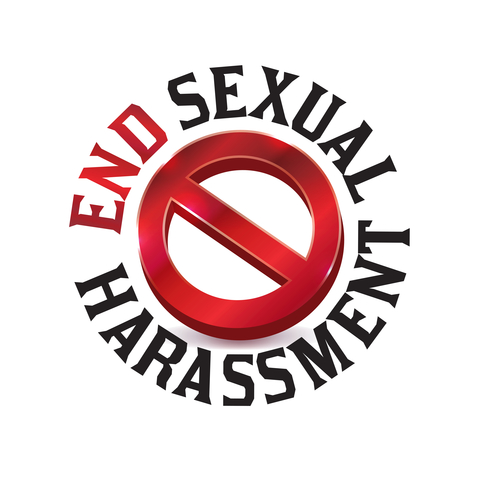The #MeToo and #TimesUp movements are having a significant impact on businesses of all sizes. There are 2 types of sexual harassment that occur in the workplace:
- A quid pro quo where someone exchanges sex for advancement or to avoid demotion and
- A hostile work environment plagued with offensive remarks and stereotyping
Here are 5 things to know about sexual harassment and how they affect your business.

1. It’s very prevalent
If you think sexual harassment only happens in Hollywood, an impression you could easily get from the media attention to actors’ disclosures, think again. According to a survey early this year, 81% of women and 43% of men said they experienced some form of sexual harassment and/or assault. Don’t assume it’s not going on in your company just because you haven’t experienced it or witnessed it personally.
2. You must set policy
You need to have a policy in place to create a safe work environment for your staff and avoid legal problems for the company. Why and how to create an anti-sexual harassment policy is covered in an earlier blog.
3. You may face mandatory training law
Some states and cities have enacted mandatory training laws on sexual harassment, and others are considering similar legislation. Examples of current law:
- California (50 or more employees)
- Connecticut (50 or more employees)
- Maine (15 or more employees)
- New York (all employers beginning October 9, 2018)
- New York City (beginning April 1, 2019)
4. You can’t deduct certain harassment-related payments
The tax law bars any deduction for settlements or awards for sexual harassment or sexual abuse made after 2017 if subject to a nondisclosure agreement. (Section 162(q) was added to the Tax Code by the Tax Cuts and Jobs Act.) This ban also covers legal costs associated with these payments. Because the law is new, the scope of this ban has yet to be fully fleshed out.
5. Company policy does not have to ban dating
Inter-office romances are common (although the sexual harassment movements may have a chilling effect on these going forward). After all, we spend a great part of our days at work where it’s easy to meet people. But it’s advisable to take steps to ensure that the relationship isn’t coerced.
You could follow the practice at NBC (imposed after the Matt Lauer firing) to require employees to report their inter-office relationships to you. But if you prefer to be a little softer while protecting employees and the company, consider having the parties sign a consensual relationship form stating that each agrees the relationship won’t hurt their professional duties and that there won’t be any retaliation if the relationship ends.
Final thought
Sexual harassment is a concern of all, and the law is evolving quickly on the subject. Be sure to have your attorney review any policies, forms, or other actions you want to implement to avoid bad conduct in the workplace.


